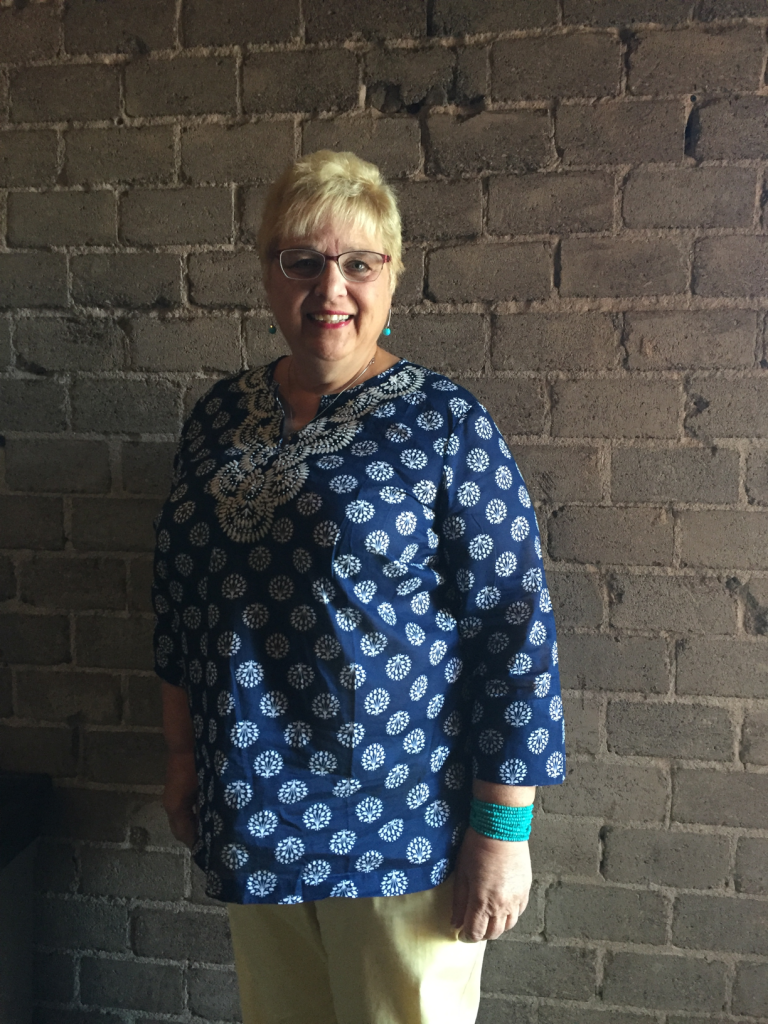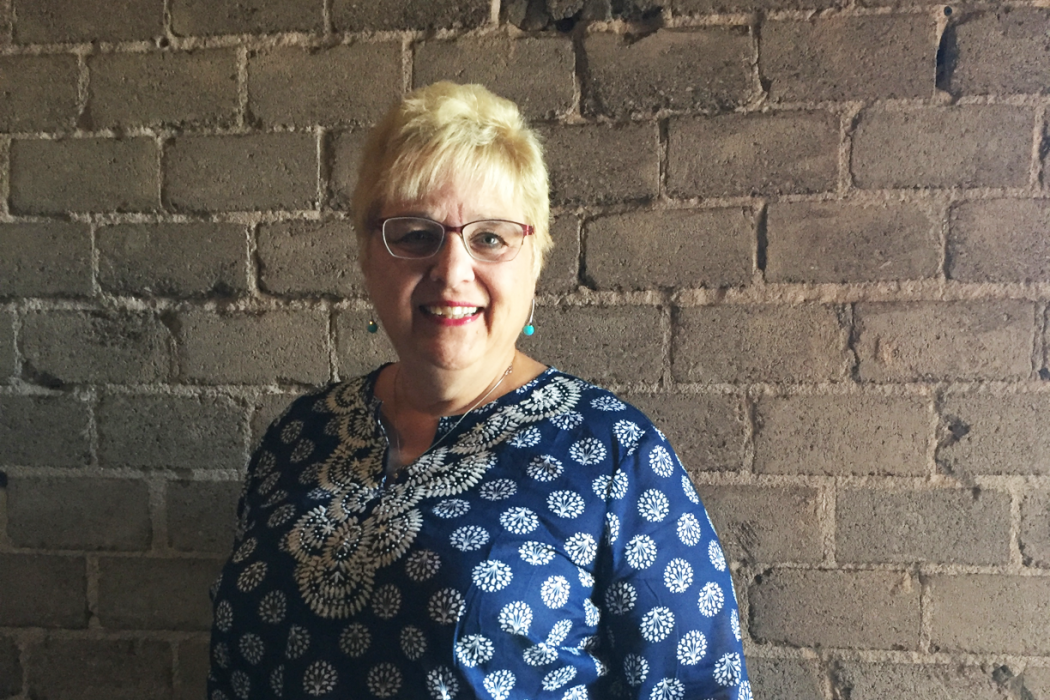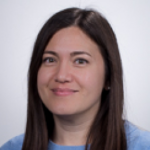Hoping to find a registered dietitian to interview, I emailed The Arizona Academy of Nutrition and Dietetics. Within minutes, I received an email that my request had been forwarded to their listserv and not five minutes passed before my phone rang with a registered dietician offering to be interviewed. By the next day, I had 20 similar phone calls and emails from dieticians, each eager to help educate others about dietetics. Their warm, generous responses impressed upon me the professionalism and self-advocacy of dieticians.
That phone call I received minutes after sending out my email was from Karen Kulakowski, a registered dietitian (RD) who moved to Arizona in January. She practiced for 32 years in Springfield, Massachusetts. Karen spent her first ten years in general practice working in a hospital, the following 20 years in a medical center working with oncologists, and two years in private practice. In her private practice, Karen provided home care in western Massachusetts and Connecticut, driving one-and-a-half hours at times. When I asked her about the difficulty driving so far to patients, she replied, “I wanted to help people have an easier time going through cancer treatment. It was a labor of love. I’ve loved doing this ever since I started.”
Registered dietitians can earn certifications in a variety of specialties including renal nutrition, gerontological nutrition, and sports dietetics, to name a few. Karen worked with the American Dietetic Association, which is now the Academy of Nutrition and Dietetics, to create the Oncology Nutrition Dietetic Practice Group; this group advocated to require an examination for certification.
Ever abuzz with passion for good nutrition, Karen plans to offer nutrition education for one of the hospice groups here in the Valley now that she is retired.
 Dr. LeAnne Denny: What do you like the most about your profession?
Dr. LeAnne Denny: What do you like the most about your profession?
Karen Kulakowski: The patients. I loved my patients. When we lost patients, the nurses and myself would go to the wake and the funeral. When I was working on my own, I really loved my patients. They were just mine. I would pick up milk for them. I am so grateful that I have had the professional life that I have had. To start out as a “glorified waitress” and then to be able to write orders [for nutrition support] and to be able to make a major difference in people’s lives.
Dr. LeAnne Denny: What is a common misconception about your profession?
Karen Kulakowski: Still to this day, when I tell someone I was a dietitian, they ask, “You cooked for a living?” That was the one thing that really got me going. People thought I made food for the sick people.
Dr. LeAnne Denny: What is really tough about your profession?
Karen Kulakowski: I would say the hardest thing is bucking the administration in a medical center. If the administration is not behind the dietetics staff 100%, it makes it very difficult for them to accomplish what they are trained to do. The administration might say, “We don’t have enough money in the budget to do this,” or, “There is a doctor who is saying he doesn’t want the dietitian to write the TPN orders.” We had a director for the cancer center, and she did not believe in nutrition support, and it was difficult to try to do my job and to help the people because she didn’t want the cancer center to pay my salary.
Dr. LeAnne Denny: What other professions did you have before this one? How do they compare?
Karen Kulakowski: None. I went to 2-year college and earned my associate’s in math and science and then got a BS in nutrition and food. After I started working, I went to American International College and received a degree in human relations and community affairs. [This coursework] taught me how to counsel people.
Dr. LeAnne Denny: Which other professions do you work most closely with?
Karen Kulakowski: Physicians (oncologists), radiation therapist, and sometimes the radiation oncologist. The doctors only saw the patients once a week, but the radiation therapists would see the patients much more frequently. They would tell me which patients it was important to see. “So and so is having a lot of vomiting and can’t keep enough fluid in.”
Social workers. If I needed to get extra help or supplements and I couldn’t get them paid for by the insurance, the social worker would tell me how to write it so that insurance company might pay for it. They helped me get Ensure or Boost. We had a patient with gastric cancer who couldn’t tolerate any formulas covered by his insurance company. [His cancer was advanced]. But he had young children, and he wanted to spend as much time with his children as he could. We worked together, and TPN was ordered and covered.
Dr. LeAnne Denny: In your professional role, how do you contribute to a patient or client’s well-being?
Karen Kulakowski: We all worked to make the quality of life better for the patient.
Dr. LeAnne Denny: What changes have you seen in your profession?
Karen Kulakowski: When I first started in 1974. I had 5 different menus, and I was a “glorified waitress.” Then, I had to know which of the five special menus I could use with which patient. When I retired in 2004, I was writing hyperalimentation (TPN) orders, and these were co-signed by the physician. I was ordering specific supplements for patients undergoing chemotherapy. For anyone undergoing mouth or GI chemotherapy, I would order glutamine and show them how to take it. And they were able to complete all of their treatment without downtime. I was able to help patients have better quality of life.
I was one of the first dietitians who was allowed to write TPN orders at the center. I would write the orders, the doctor would countersign them, and they would go to the pharmacy to be made. The doctor said, “I don’t know anything about this.” And then I wrote the notes and explained why I ordered what I ordered.
Dr. Faith Ottery adapted the Subjective Global Assessment and created the Patient-Generated Subjective Global Assessment. The Oncology Dietetic Practice Group worked with Dr. Ottery to validate this assessment tool. The tool consisted of four questions and identified patients in need of a dietetics consult.
When I went through dietetics training, I didn’t learn how to do a history and physical. I did learn how to place a feeding tube but was not allowed to place a feeding tube in Massachusetts. I was taught how to perform a physical examination from the oncology fellows. And they would countersign the note I wrote.
I also followed up with Dr Sandra Mayol-Kreiser, a professor at ASU’s School of Nutrition and Health Promotion. She explained that, currently, dietetic students are all trained in nutrition-focused physical assessment.
Additionally, I clarified the difference between nutritionists and dietitians.
The title of nutritionist can be earned through less formal means, including online coursework or self-study. Nutritionists are not required to pass an examination or to learn medical nutrition therapy.
Dietitians have standardized educational experiences consisting of didactic program in dietetics, supervised practical experience, and a required registered examination. They must earn a bachelor’s or master’s to become a dietician currently; however a master’s degree will be required starting in 2024. Their education is accredited by the Accreditation Council for Education in Nutrition and Dietetics.
LeeAnne Denny is a family physician at The University of Arizona College of Medicine – Phoenix Family Medicine Residency. She is the director of interprofessional education and the director of the Longitudinal Patient Care course at The University of Arizona College of Medicine – Phoenix. She enjoys board games, swimming, reading, and roller skating.


